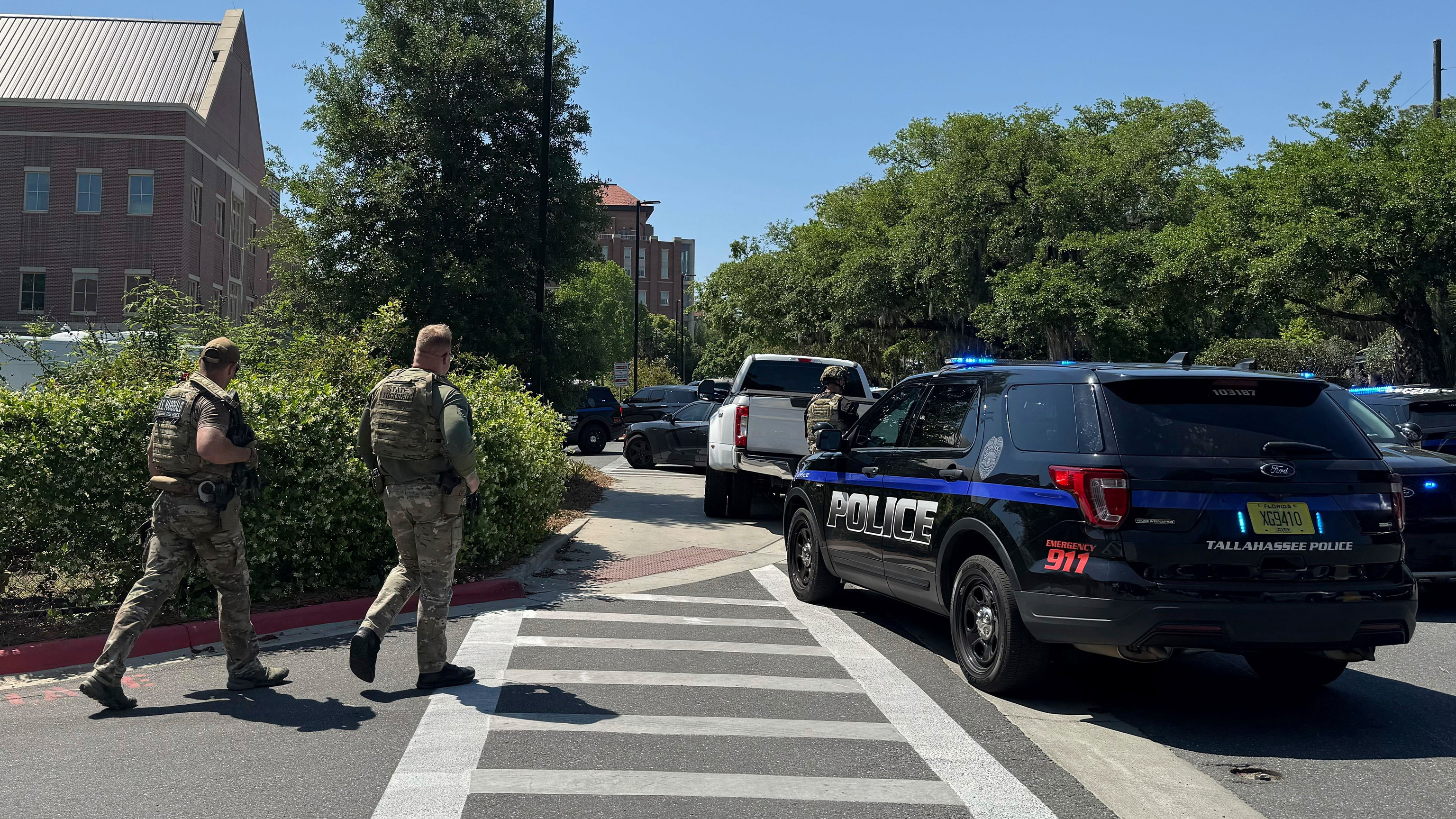Judge dismisses families' claims against Harvard in morgue scandal
The judge also dismissed claims against 2 employees of Harvard Medical School's Anatomical Gift Program
CAMBRIDGE, Mass. -- A Massachusetts judge dismissed civil claims against Harvard University and some of its employees made by families who said the college is partly responsible for a former medical school morgue manager who allegedly stole and sold human remains.
The video featured is from a previous report.
The class action suit was filed in June after the former morgue employee was federally charged. In the suit, families who said their relatives' donated cadavers were mishandled accused Harvard of failing to ensure proper care of the remains.
But in an order filed Monday, Judge Kenneth Salinger ruled there is not enough evidence to suggest the university's leaders "failed to act in good faith" in their handling of the bodies.
The judge also dismissed claims against two employees of Harvard Medical School's Anatomical Gift Program, Mark Cicchetti and Tracey Fay.
The families' claims against the former morgue manager, Cedric Lodge, were allowed to move forward. Separately, Lodge faces federal charges of conspiracy and interstate transport of stolen goods in the case.
ALSO SEE: Berks County man among 6 people charged for stealing, selling human remains

CNN has sought comment from Harvard University and has been unable to locate an attorney for Lodge.
Harvard's president and fellows, along with Cicchetti and Fay, are not legally responsible for Lodge's alleged actions and have immunity under the state's laws governing anatomical gifts, the judge ruled.
"Though the appalling things that Lodge allegedly did are not protected by this immunity statute, the allegations in the complaints make clear that Harvard, Cicchetti, and Fay are not vicariously liable for Lodge's actions," Salinger wrote in his decision.
The families who brought the suit are "understandably horrified that the physical remains of their loved ones may have been abused and desecrated after (Harvard Medical School) completed its education or research use of those remains," the judge wrote.
Kathryn Barnett, an attorney who represents several of the families, said she is "disappointed in the Court's decision," and plans to appeal the ruling.
"These families have had to relive the trauma of losing their loved ones many times over, and we strongly believe that they deserve a day in court. We will appeal this ruling and keep fighting for them to win justice," Barnett said.
Lodge is accused of stealing parts of dissected cadavers and taking them to his home, where he conspired with his wife to sell them, according to a federal indictment. Lodge's wife, and two people he allegedly sold to are also charged in the case.
After Lodge was charged, Harvard University officials said he had been fired and called his alleged behavior "an abhorrent betrayal."










